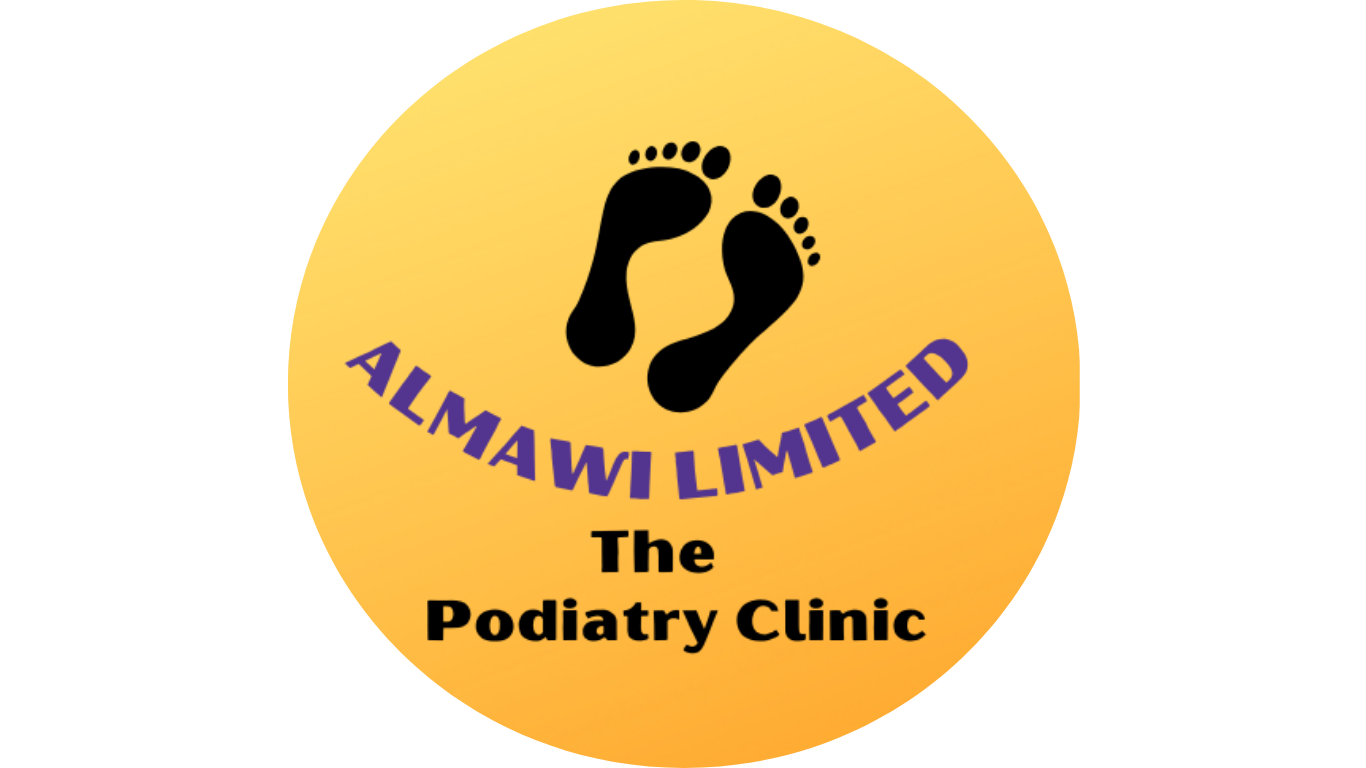
Are Your Feet Itchy?
Pruritus is the medical term for itchiness, caused by an irritating sensation on the skin, that makes one want to scratch. This can occur anywhere on your skin. The feet are especially vulnerable, because people tend to put them in sweaty situations, with various types of footwear. Many situations can lead to itchy feet, including exposure to:
- moisture
- dry environments that contribute to dry skin
- irritants, when walking barefoot
- infectious bacteria, viruses, parasites, or fungi.
Although itchy feet are not usually a cause for concern, they can indicate an underlying skin condition, or even a deeper internal disease. Understanding what symptoms you should and should not be worried about, can help to relieve your stress.
What causes itchy feet?
Itchy feet may stem from a number of causes, including:
Diseases
Medical conditions such as:
- liver disease
- cancer
- peripheral neuropathy, a condition commonly associated with diabetes mellitus
- kidney disease
- iron deficiency anemia
- thyroid gland disease.
Skin conditions
The following can cause the feet to itch:
- allergic contact dermatitis, which can be caused by something like new laundry detergent
- athlete’s foot, or tinea pedis (fungal infection)

- atopic dermatitis
- juvenile plantar dermatosis
- psoriasis
- scars
- bug bites
- dry skin
- pest infestations, such as lice or scabies.
Exposure to irritants
An irritant can be any substance that causes a reaction in or on your body. They can even be medications or topical ointments that you use to treat other conditions. Medications known to cause body and feet itchiness include opioids or narcotics, such as morphine sulfate, ACE-inhibitors, and statins.
Signs and Symptoms
Itchy feet will make you want to scratch your skin. Changes to the skin may accompany the itchy sensation. Examples of skin changes are:
- blisters
- cracked, open areas
- dry, scale-like plaques
- itching
- rash
- redness
- swelling
- white spots
It’s also possible for your feet to itch with no accompanying physical skin surface changes.
Treatment
 A doctor will treat itchy feet according to the cause. For allergic reactions, avoiding the product or products causing it, can help to reduce itchiness.
A doctor will treat itchy feet according to the cause. For allergic reactions, avoiding the product or products causing it, can help to reduce itchiness.
Treatments that may relieve itchy feet include the following:
- An H1-blocker antihistamine, such as Benadryl, may help relieve itchiness. Antihistamines can have sedative and other untoward side effects. Older adults may need to avoid using them.
- If you have athlete’s foot, antifungal sprays or creams may help. Chronic fungal infections may require a physician-prescribed antifungal treatment.
- Topical anti-itch medication, emollients, and steroid creams, may help reduce itching localised on the skin surface.
Home remedies and lifestyle changes
If stress aggravates your skin, try techniques like meditation, yoga, or progressive muscle relaxation to calm your mind. You can also meet with a therapist for cognitive behavioural therapy (CBT). This program helps reverse some of the harmful thoughts and actions that aggravate your stress.
You can also try these home remedies:
- Apply a lubricating, alcohol-free moisturiser like Cetaphil or Eucerin to your skin during the day, and before bed time.
- Apply cool, wet compresses to soothe the itch.
- Take a bath in lukewarm water and colloidal oatmeal or baking soda.
- Turn on a humidifier. It will add moisture to the air in your bedroom while you sleep.
What not to do if you have itchy skin
If your skin itches at night, here are a few triggers to avoid:
- Keep the temperature in your room cool.
- Don’t use cosmetics, perfumed creams, scented soaps, or other products that might irritate your skin.
- Don’t scratch! You’ll irritate your skin even more. Keep your fingernails short in case you do feel the urge to scratch.
How can I prevent itchy feet?
Good foot care habits can help, while preventing some causes such as a fungal infection. This includes always wearing waterproof shoes, like flip-flops, in shared shower facilities or gym floors; preferably, avoid using these facilities if possible. You can also employ these foot care measures:
- Refrain from putting on shoes and socks until your feet are completely dry.
- Wash your feet regularly with mild soap, paying careful attention to the areas between your toes, and apply moisturiser after your bath.
- Wear cotton or wool socks.
- Wear shoes that are well ventilated, like those with mesh holes, that help the feet stay dry.
If you experience regular episodes of athlete’s foot, you may need to apply an antifungal powder, or spray to your feet before you put on your socks or shoes.
Your feet mirror your general health . . . cherish them!



 WhatsApp us!
WhatsApp us!